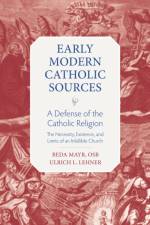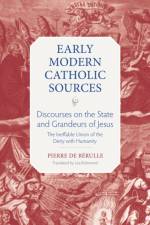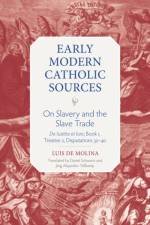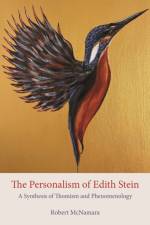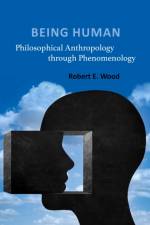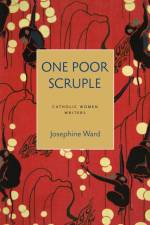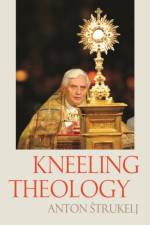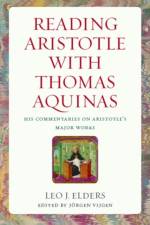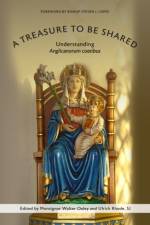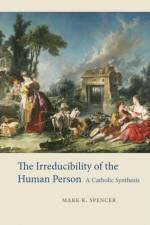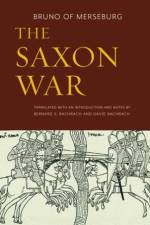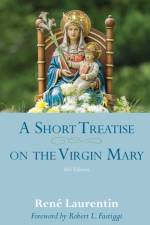av Edith Stein
839,-
Finite and Eternal Being bears the imprint of the extraordinary intellectual and spiritual journey of its author. Throughout her precocious youth, her conversion to Catholicism, her life as a Discalced Carmelite nun, and all the way to her martyrdom at the hands of National Socialism, Edith Stein's entire life was a consistent seeking after the truth. After her conversion in 1921, Stein sought to reconcile the phenomenology of Edmund Husserl, her previous intellectual master, with the thought of the new intellectual and spiritual masters she found in the Thomistic and Carmelite traditions. Stein produced this volume in the mid-1930s as a complete reworking of her earlier study of being, Potency and Act, and as her final synthesis of phenomenology with Thomistic metaphysics, Carmelite spirituality, modern scientific discoveries, spiritual and psychological debates about the soul, and Trinitarian theology. Starting from the most fundamental principles, the author takes us on a journey through a wide range of classic philosophical themes, such as potency and act, substance and accidents, matter and form, and time and eternity. Stein engages with the great thinkers of the past (e.g., Plato, Aristotle, Augustine, Pseudo-Dionysius, Aquinas, Scotus) and of modern times (e.g., Kant, Husserl, Heidegger, Przywara, Conrad-Martius). Ascending to the meaning of being, she demonstrates how all finite being finds its ultimate ground in the eternal Divine Being, the Creator, whose Trinitarian nature is reflected throughout creation. Stein concludes with two appendices-appearing here for the first time in English-""Martin Heidegger's Philosophy of Existence" and "The Interior Castle," a study of St. Teresa of Ávila's mystical treatise. This new translation of Finite and Eternal Being inaugurates a new series, Edith Stein: The Complete Works: Critical English Edition, which replaces the existing series of Stein's writings, also published by ICS Publications. This volume, the twelfth in the new series, brings the recently completed German critical editions (Edith Stein Gesamtausgabe) to the English-speaking world.


